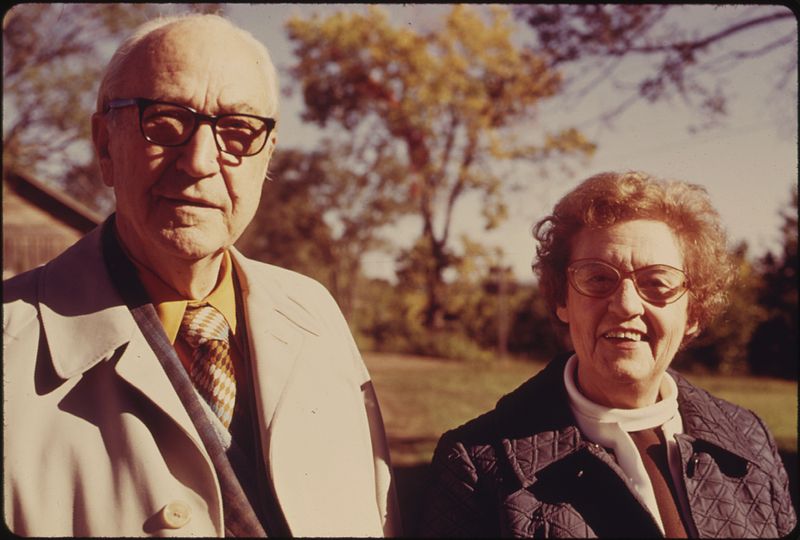
When I was in college I read Dr. Karl Menninger’s book Whatever Became of Sin? Menninger was one of the world’s leading psychiatrists and founder of the world-famous Menninger Clinic in Topeka, Kansas. He wrote the book because he became convinced that mental health was connected to moral health. He pointed out that the word “sin” was disappearing from the American vocabulary. With the loss of the word came the loss of the concept of real moral guilt.
At the founding of the United States, theology was the language of discourse. American affirmed the Creator. They lived in a moral universe in which human beings are separated from God by sin. This broken relationship led to all sorts of brokenness within each individual, among humans, and between human beings and the rest of creation. The concept of sinfulness influenced society’s understanding of human health in every dimension: moral, psychological, physical and social.
With the Western worldview shift from Biblical to Atheist, we have lost the concept of a moral universe, sin or moral health. For Menninger, to lose the concept of sin is to lose the potential of restored relationships and restored health.
As a culture’s worldview shifts, so too does its language and life. (For a vivid example of this effect, see Scott Allen’s powerful blogs on marriage, The Power of Words: Redefining Marriage Part 1 and Part 2.)
Menninger’s title evokes a parallel question: Whatever became of compassion? In the months ahead I hope to reflect on this question. Many of the readers of this blog are thoughtful global Christians interested in the twin activities of reflection and action. Our posts on Social Justice generated significant attention. I hope that future reflections on compassion will likewise be challenging and an encouragement.
– Darrow Miller






1 Comment
Jon Davis Jr.
March 27, 2012 - 2:26 amI’m looking forward to it! 🙂